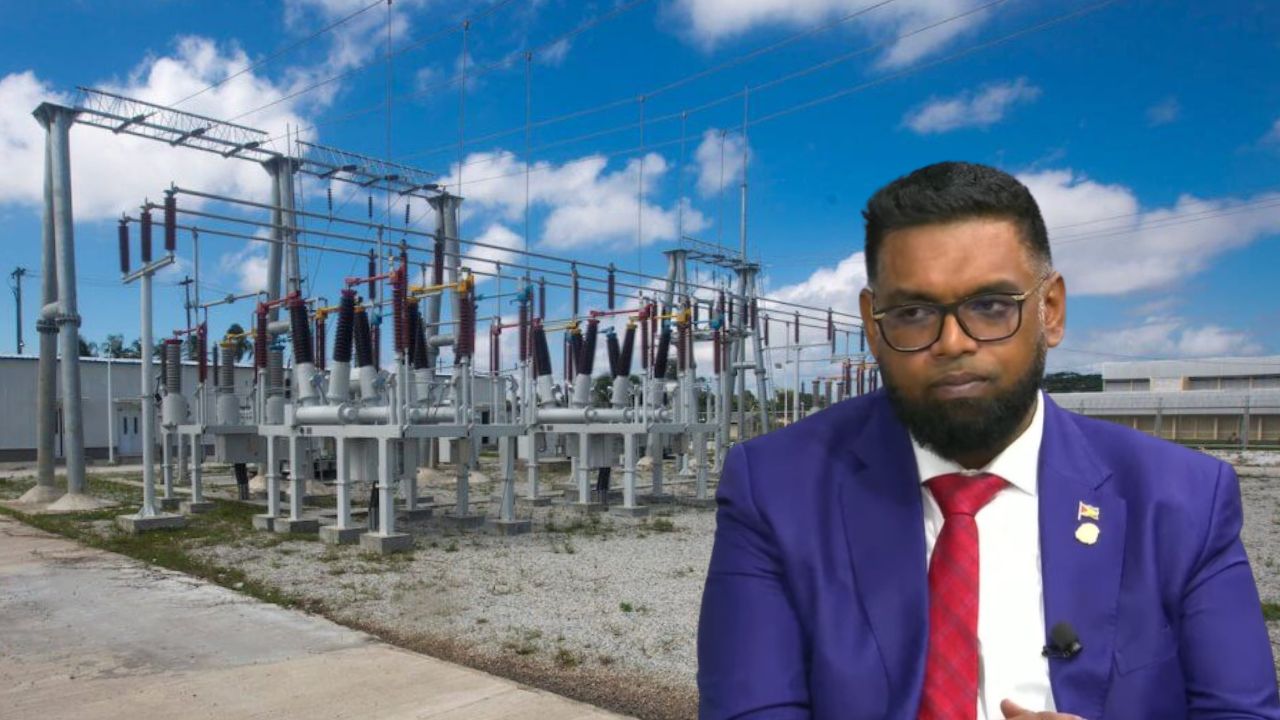President Dr. Irfaan Ali has been invited to present the keynote address for a Harvard Business School virtual faculty workshop on the Microeconomics of Competitiveness (MOC) slated for Monday.
Dr. Ali is expected to present to more than 150 professors from more than 120 institutions in about 65 countries around the world, including the University of Guyana. Those individuals are all part of the MOC Affiliate Network, which is a teaching and research hub that also influences and supports economic development around the world.
In a letter addressed to President Ali from renowned American academic and economist Michael Porter, the government’s focus on the sustainable use of Guyana’s natural resources was hailed. This is particularly important as Guyana only became an oil producing nation in 2019 and is seeking to leverage its resources to develop the country and its people.
“We have been impressed by your leadership and the strong commitment to making Guyana a global example in the sustainable use of natural resources and endowments to benefit the people of the country,” Professor Porter stated.
And, he highlighted Harvard’s belief that the international faculty would benefit from learning about President Ali’s vision for the country- with a specific focus on understanding how that vision will be achieved in an inclusive and sustainable manner.
Professor Porter also told the President that the presentation would also provide the Head-of-State the opportunity to showcase Guyana to academics across the globe.
This MOC is a course that provides an integrative framework to understand and analyze the drivers of competitiveness. The MOC course has been designed for students at Harvard as well as a platform for teaching at universities around the world.
Through this, Harvard says that it exposes faculty members- including those from affiliate universities- to cutting-edge research from relevant fields, and national examples of competitiveness improvement at various levels of economic development.
Learning about Guyana, and its developmental trajectory is expected to help academic understand the dynamics of sustainable development at play locally.






